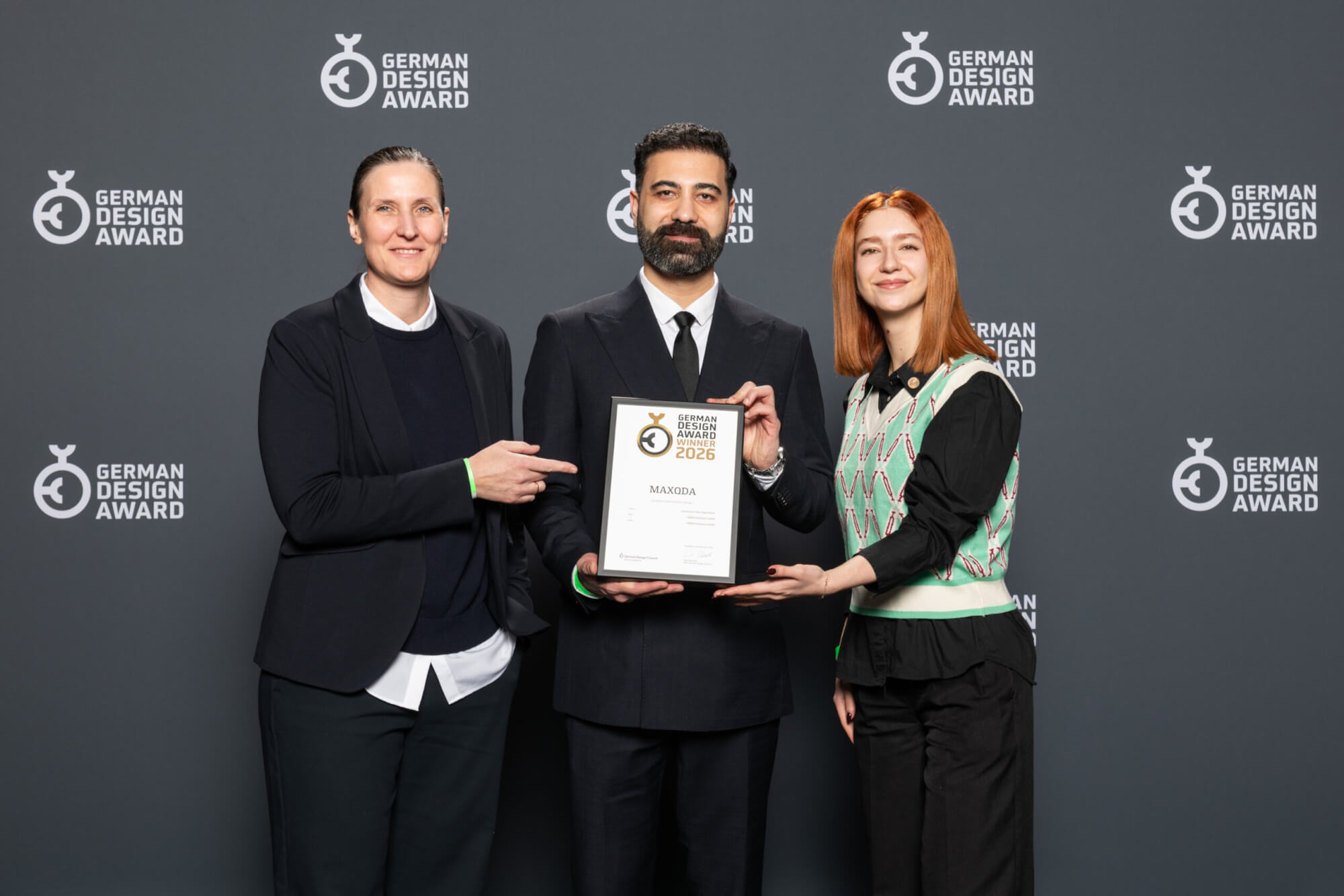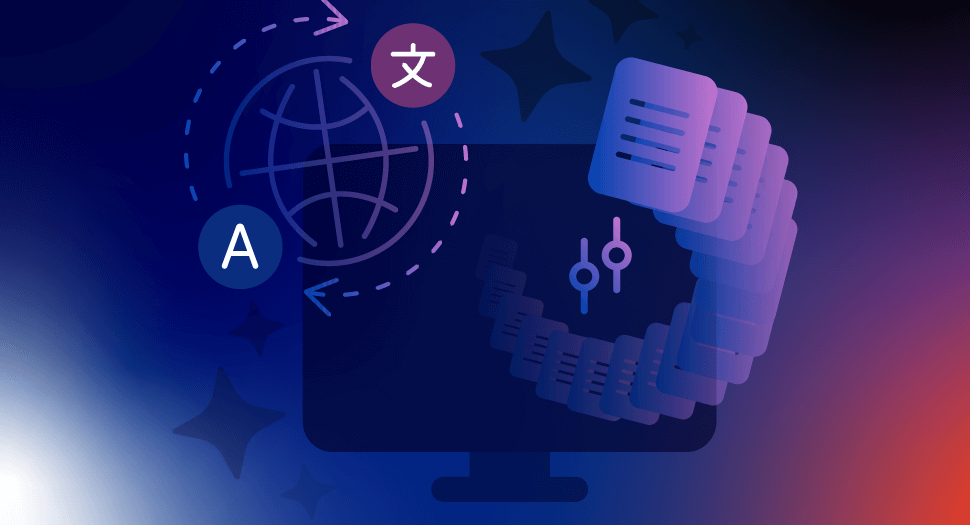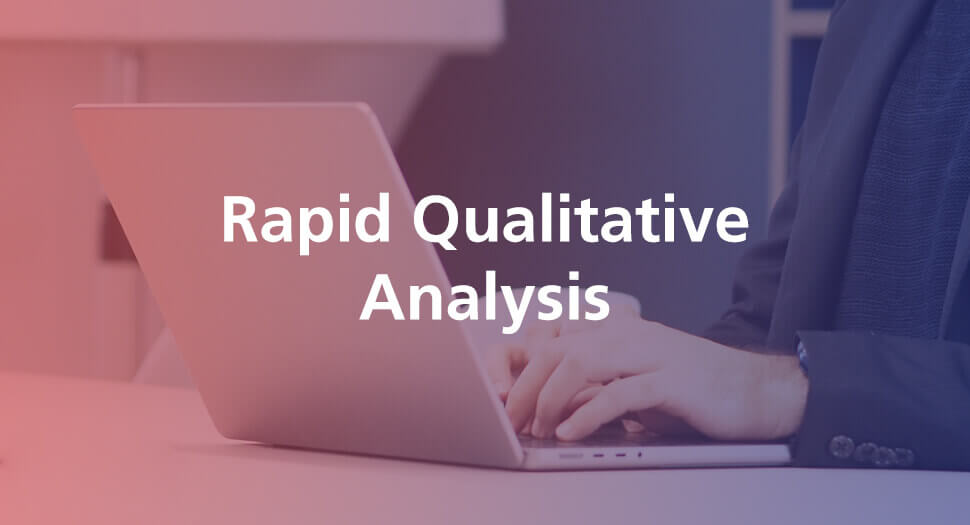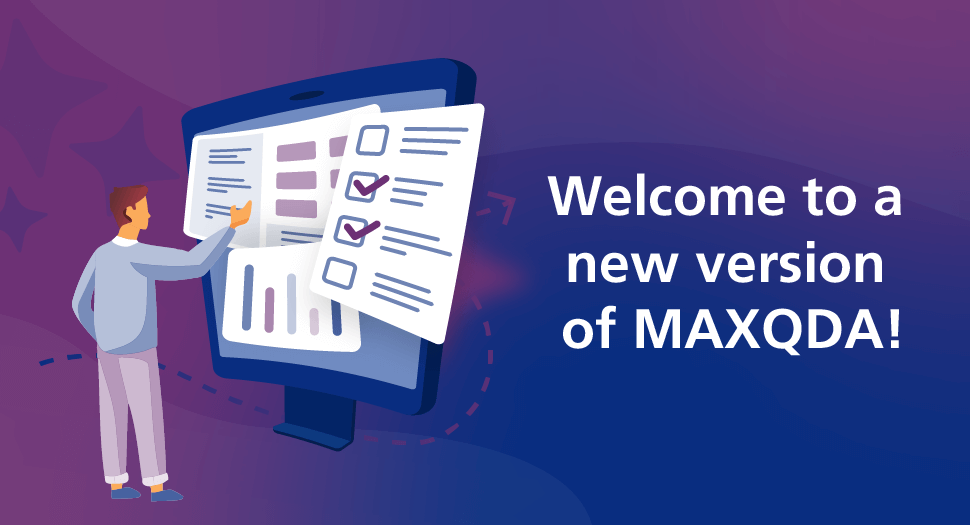Guest post by Sonia Mano & Vanessa Fernandes Guimarães.
Introduction
Since 2009, Casa de Oswaldo Cruz, a unit of the Oswaldo Cruz Foundation, has offered a course in Specialization in Science, Technology Popularization and, after 2016, a Master’s degree in Science, Technology, and Health Communication. Methodology of Scientific Research is a mandatory discipline for both graduate programs, responding to the challenge of preparing students for scientific research and consequently helping them in the development of their own research and its final presentation, whether in the form of a report or a dissertation.
Mastering scientific methodology requires an understanding of a set of concepts essential for the successful articulation of personal interests of study with the knowledge accumulated by science, the selection and access to qualified sources of information and the conditions available for its execution, whether for reasons of time, supervisor availability or available resources.
The relevance of developing a scientific study during graduate studies is undisputable and is associated with its primordial goal, which is to prepare professionals for the competent exercise of scientific research. The production of a dissertation, although highly valued by most programs, is the concrete result of this process, which also makes it possible to expand the knowledge of the graduate student in his or her area of interest.
This means understanding the process of making science, which is usually built from an initial idea, a question about some aspect of reality. This question is structured in the form of a project, which defines the parameters of the study: the knowledge available about the object and the problem in question, the definition of its terms and its relevance, the assumptions that underpin the work. Finally, as a central point, the definition of your objective, and synthesis of what you intend to achieve with your efforts. By establishing this goal, the next step is to choose the best way to obtain the data you need according to the type of analysis that will be made. Are quantifiable results expected, expressed in numerical data that demonstrate their influence or fluency in the overall calculation of a population group? Or do you want to know subjective conditions, seek to understand processes, procedures, actions, thoughts, feelings, which should be described and interpreted? Or do you want to know both ways? Do you want the breadth and understanding of the issue? These definitions stem from the analytical objectives of the study and define the type of population or portion of it that will be studied and how the data will be obtained, analyzed, and interpreted.
This is a dynamic and concatenated process, which can be understood by studying research methods and techniques. However, the development of a research project -a practical approach- makes all the difference in understanding the process of conducting an academic study.
Research in Practice
There is no learning without practice. Paulo Freire, a well-known Brazilian educator, associates teaching and learning with search and inquiry, with the development of interest that leads to research and finding, intervention and education.
In line with this conception, we defined the didactics of methodology classes. After introducing the theoretical foundations essential to understanding the basic notions of scientific research, we offer the students the opportunity to conduct a research project of their own, whose results will be evaluated as the final work of the course. A single theme for the whole class is chosen by the students themselves from pertinent issues related to science and health. Gathered in groups, students propose questions of interest and indicators, resulting in the elaboration of a digital questionnaire with a mixed methods approach. Several themes have been chosen through the years, such as the use of herbal medicines by the population of the city of Rio de Janeiro, habits of seeking health information, the image of the scientist, how people search for health information on the internet, and, more recently, fake news and Covid -19.
The digital questionnaire is applied to a convenience sample: students’ friends and family through social networks. A week’s time is usually sufficient for the return of a significant number of responses, which are then organized and analyzed according to the analytical framework chosen by each group. Those with a quantitative approach, resulted in descriptive statistical data, presented in graphs and tables and the qualitative ones, analyzed according to the method chosen by the groups.
The processing and analysis of data provided in the questionnaires is performed by students using MAXQDA, which is presented in the discipline as a powerful tool for qualitative and quantitative analysis and whose license is made available to them for learning purposes. We make a general presentation of the software interface and its main functions, such as importing documents, coding, reports, and different analysis modes. Other MAXQDA built-in tools, -such as audio transcription, the possibility to analyze together the data obtained, and graphical presentations such as the word cloud among others- are introduced and used based on the students’ interest and their project’s needs.
In planning the course, time is set aside to guide the work of the groups, helping them to understand the procedures and clarifying questions about how to conduct their analysis. At the end, the projects are presented to the class, receiving colleagues’ suggestions and our evaluation.
Conclusion
We believe that providing students the experience of participating in all stages of creating and performing a real research project- the choice of the theme and analytical point of view, the elaboration of the research instrument, collection, and analysis of data – is an enriching process for students. This process helps to develop students’ own power of thinking and creating, and makes them grow in understanding the dynamics of academic work.
Although scientific research is a highly structured activity and governed by rules, there is also room for creativity and uniqueness. Realizing that the same dataset can reveal different aspects of a given reality depending on the analytical point of view, enables the understanding of the research dynamics and the creative role of the researcher in the process. It makes clear the autonomy existing in the process due to the author’s own unique perception and creativity, and that this is key to innovation in the field.
Teamwork, on the other hand, stimulates the negotiation of meanings and subjectivities involved in these choices, fosters the growth that can arise in the debate of ideas and in the agreements necessary for collective realization. This allows students to see themselves as an active part of an achievement and understand that the production of science is a collective and negotiated process.
Learning, acquiring a skill, requires theoretical training, and understanding of the forms of thought already constituted about the object of study. But along with theory there must be some opportunities to consolidate the learning process in practice.
The use of MAXQDA as a research tool, with all its power and possibilities of use, giving agility to data processing and analyzing, and speeding up the finding of results, made this teaching approach more feasible.
Methodology of Scientific Research can be a daunting course for both teachers and students, and it can easily become very theoretical with little practical benefit for the students. This hands-on approach to the discipline has proved to be a good experience for us and especially for our students, according to their own feedback, and it has generated positive results in fostering the students’ achievement of autonomy.
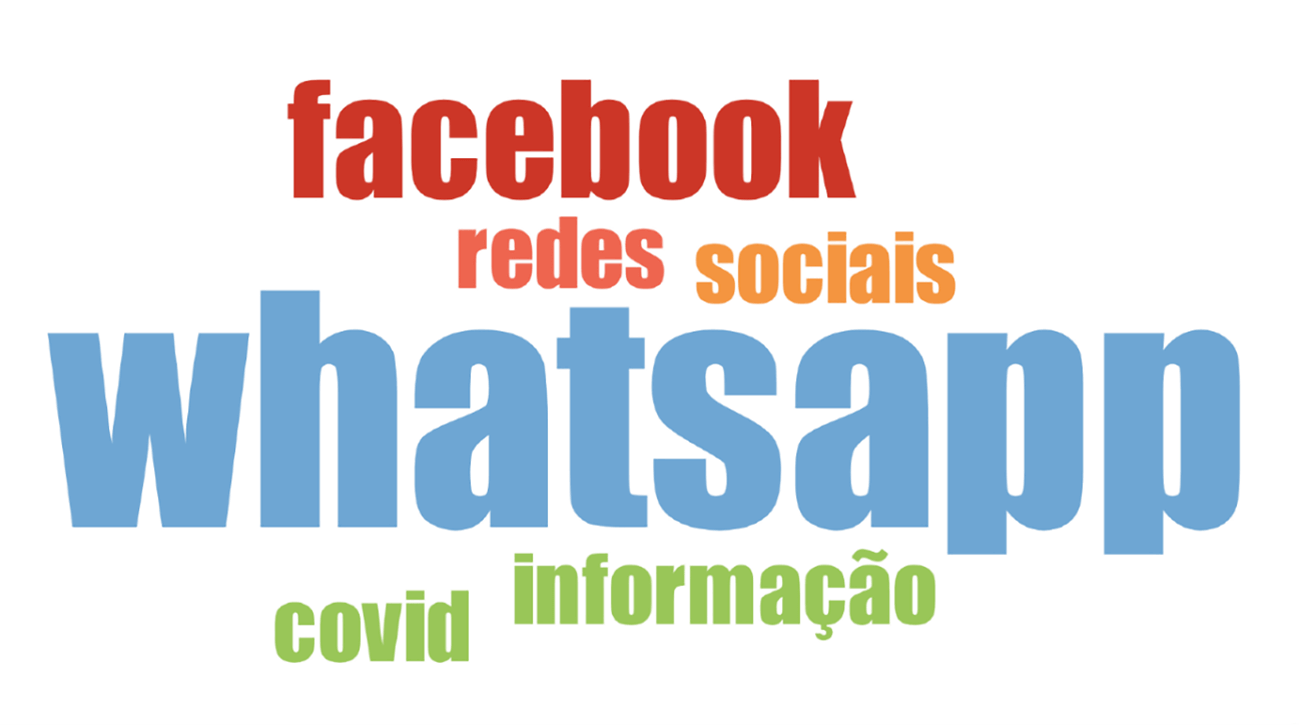 Figure 1 – Fake News information sources (Student survey – 2020 class)
Figure 1 – Fake News information sources (Student survey – 2020 class)
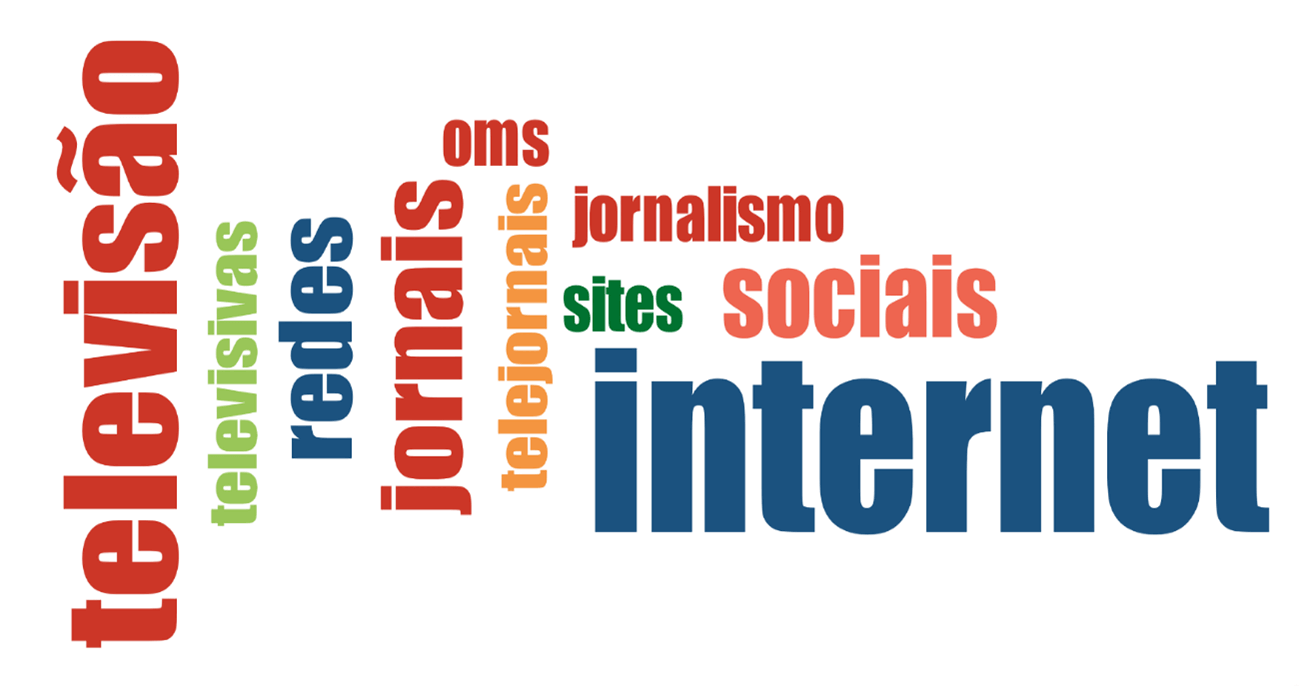 Figure 2 – Most watched communication media (Student survey – 2020 class)
Figure 2 – Most watched communication media (Student survey – 2020 class)
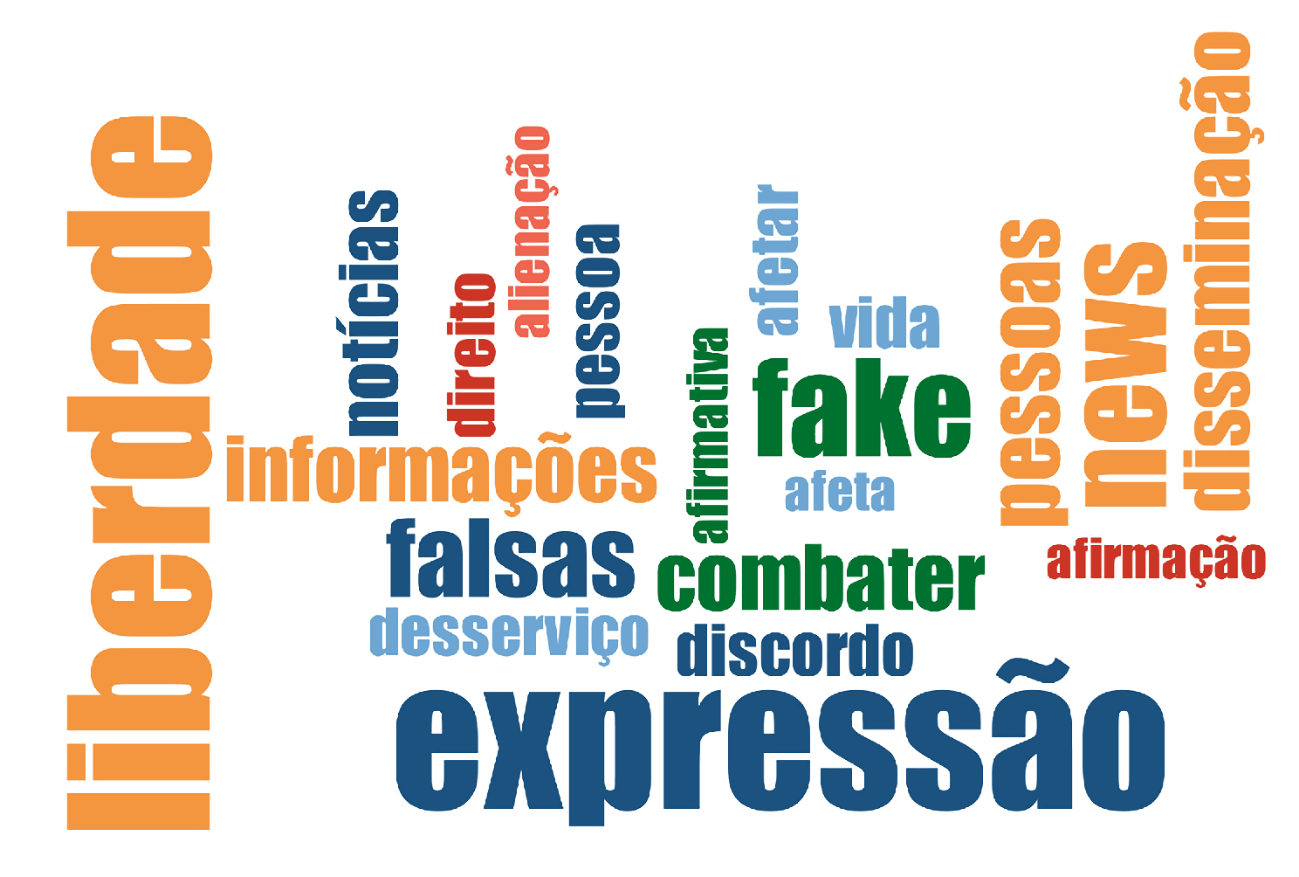 Figure 3 – Fake News is freedom of speech? (Student survey – 2020 class)
Figure 3 – Fake News is freedom of speech? (Student survey – 2020 class)
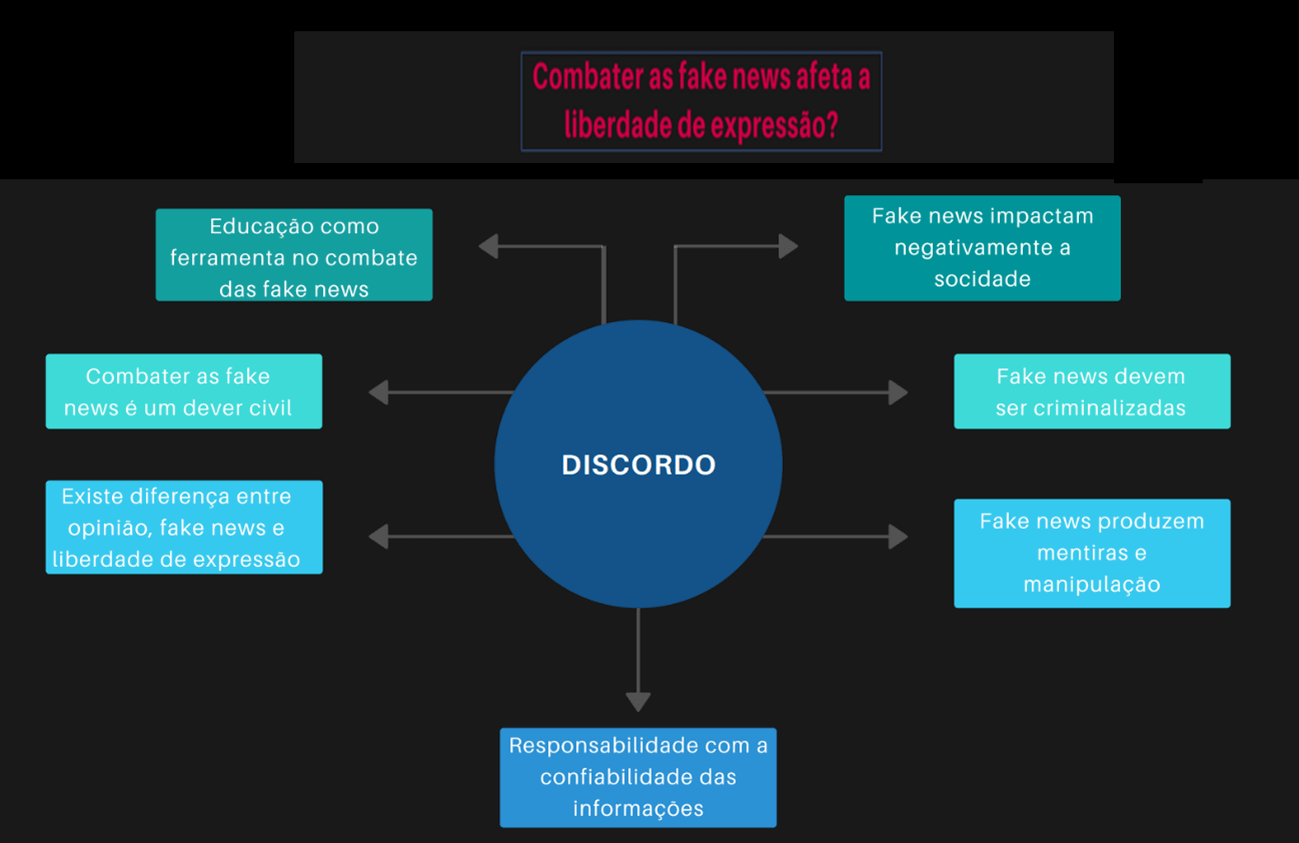 Figure 4 – Does fighting fake news affect freedom of speech? (Student survey – 2020 class)
Figure 4 – Does fighting fake news affect freedom of speech? (Student survey – 2020 class)
About the Authors
Sonia Mano works at the Museum of Life, the museum of science and technology of the Oswaldo Cruz Foundation, located in Rio de Janeiro, Brazil. Since 2008, she has been a researcher at the Visitors Studies and Museums Evaluation Lab and develops studies in the area. With a PhD in Biosciences and Health, she is a professor of the Non-degree Graduate Program (Specialization) and the Master’s Program in Public Communication of Science, Technology, and Health of Casa de Oswaldo Cruz, Fiocruz. She teaches Research Methodology for both programs.
Vanessa F. Guimarães is a researcher at the Visitors Studies and Museums Evaluation Lab of the Museum of Life, the science and technology museum of the Oswaldo Cruz Foundation (Fiocruz) in Rio de Janeiro, Brazil. With a PhD in Microbiology, she has been working and developing research in the areas of science communication, visitors’ studies, and science museums since 1999. She is a professor of the Master’s Program in Public Communication of Science, Technology and Health of Casa de Oswaldo Cruz, Fiocruz, where she teaches Research Methodology with Sonia Mano.

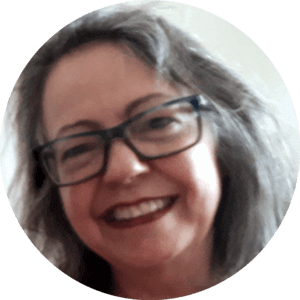 Sonia Mano works at the Museum of Life, the museum of science and technology of the Oswaldo Cruz Foundation, located in Rio de Janeiro, Brazil. Since 2008, she has been a researcher at the Visitors Studies and Museums Evaluation Lab and develops studies in the area. With a PhD in Biosciences and Health, she is a professor of the Non-degree Graduate Program (Specialization) and the Master’s Program in Public Communication of Science, Technology, and Health of Casa de Oswaldo Cruz, Fiocruz. She teaches Research Methodology for both programs.
Sonia Mano works at the Museum of Life, the museum of science and technology of the Oswaldo Cruz Foundation, located in Rio de Janeiro, Brazil. Since 2008, she has been a researcher at the Visitors Studies and Museums Evaluation Lab and develops studies in the area. With a PhD in Biosciences and Health, she is a professor of the Non-degree Graduate Program (Specialization) and the Master’s Program in Public Communication of Science, Technology, and Health of Casa de Oswaldo Cruz, Fiocruz. She teaches Research Methodology for both programs.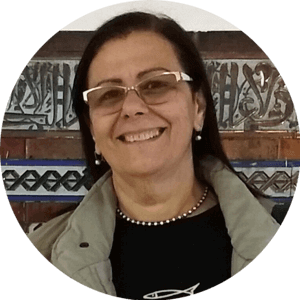 Vanessa F. Guimarães is a researcher at the Visitors Studies and Museums Evaluation Lab of the Museum of Life, the science and technology museum of the Oswaldo Cruz Foundation (Fiocruz) in Rio de Janeiro, Brazil. With a PhD in Microbiology, she has been working and developing research in the areas of science communication, visitors’ studies, and science museums since 1999. She is a professor of the Master’s Program in Public Communication of Science, Technology and Health of Casa de Oswaldo Cruz, Fiocruz, where she teaches Research Methodology with Sonia Mano.
Vanessa F. Guimarães is a researcher at the Visitors Studies and Museums Evaluation Lab of the Museum of Life, the science and technology museum of the Oswaldo Cruz Foundation (Fiocruz) in Rio de Janeiro, Brazil. With a PhD in Microbiology, she has been working and developing research in the areas of science communication, visitors’ studies, and science museums since 1999. She is a professor of the Master’s Program in Public Communication of Science, Technology and Health of Casa de Oswaldo Cruz, Fiocruz, where she teaches Research Methodology with Sonia Mano.